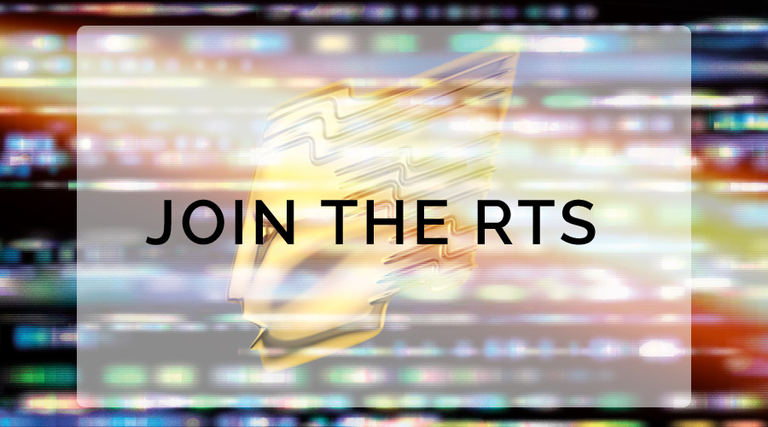The UK has a great tradition of factual television programming, but in the consumer-driven world of the internet how is the Wiki challenging Reith? What will it be important to know in the future and who – the public, the broadcaster or intelligent search engines – should be leading the conversation?
The UK has a great tradition of factual television programming, but in the consumer-driven world of the internet how is the Wiki challenging Reith? What will it be important to know in the future and who – the public, the broadcaster or intelligent search engines – should be leading the conversation?
Since its earliest days the BBC has informed and educated with programmes about the arts, science, history, current affairs, religion and the natural world with a variety of programme genres, including documentaries and lifestyle programmes. Through the BBC and the mass medium of television, millions of people in the UK have learned more about and engaged with the world around them.
How can the BBC continue to deliver this mission, when some sections of the audience are rejecting traditional factual television programmes? Can the opportunities of new platforms, such as the web and mobile, be seized for the benefit of audiences? Or should the BBC inspire and inform audiences by highlighting what it’s important to know? This evening considered these questions.
Speakers
Jana Bennett, Director of BBC Vision and Alex Graham, Chief Executive, Wall to Wall (Chair)



